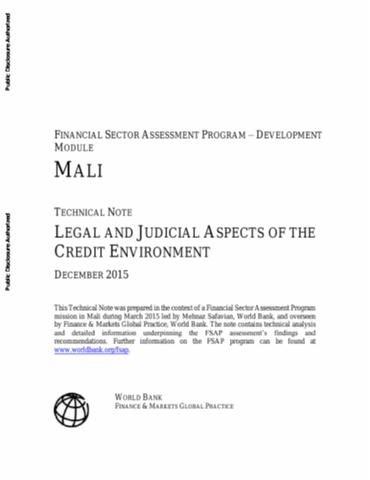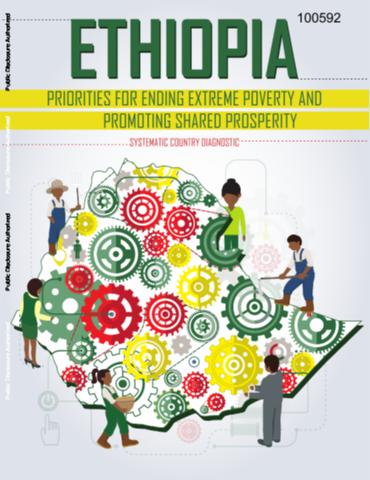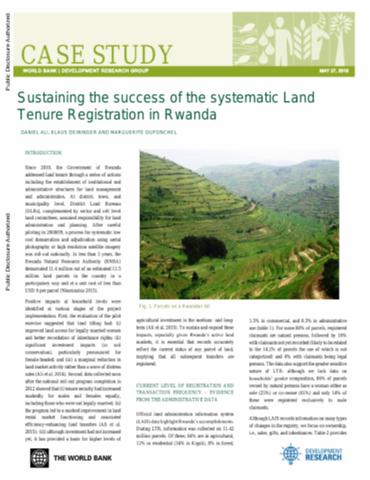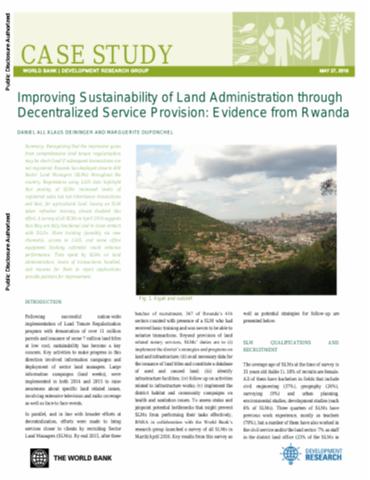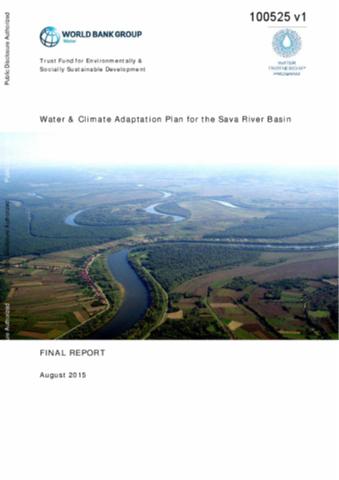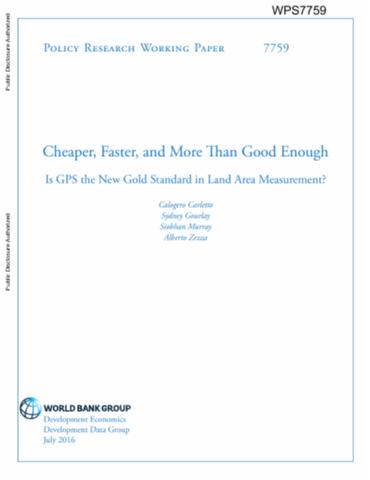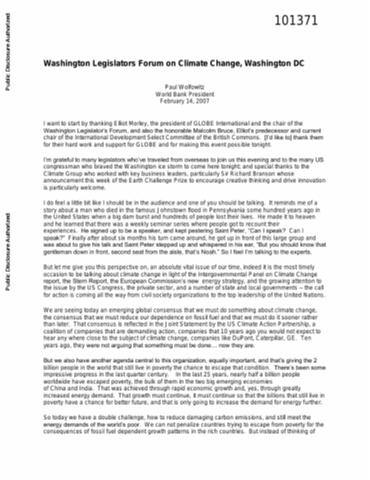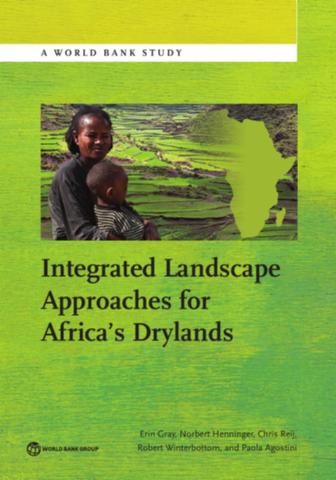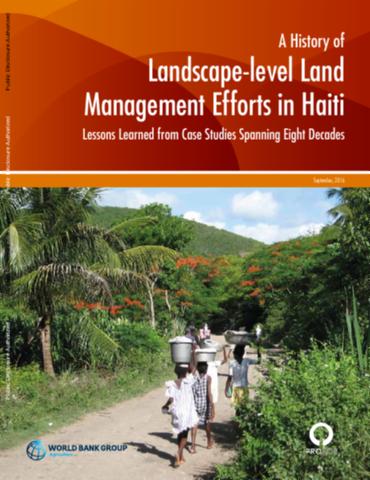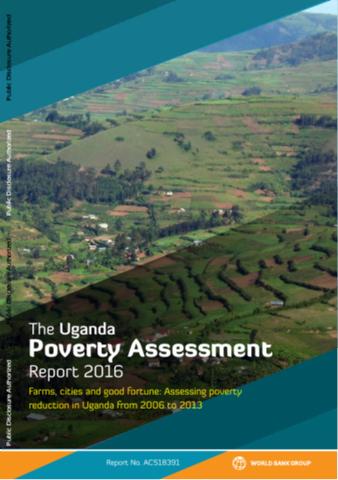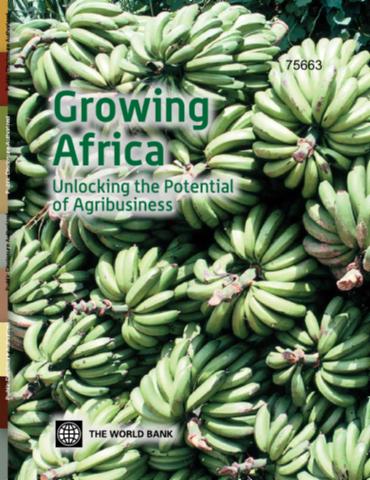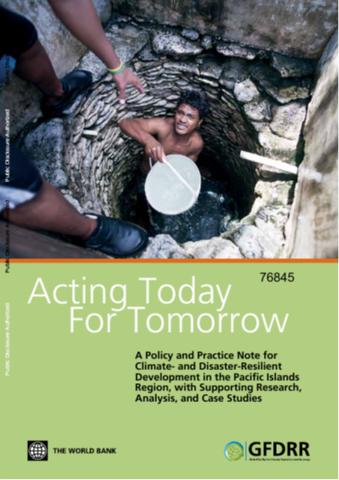Mali Financial Sector Assessment Program
A country’s legal and judicial environment can help or hinder access to credit. In addition to the banking law governing the organization of the sector, the operations of credit institutions are subject to several laws. Four components of Malian business law are particularly relevant in assessing the position of creditors, the law on secured transactions, the law on collective proceedings, the law on information-sharing related to debtors (sometimes called the credit reporting law), and the law on collection and enforcement proceedings.

